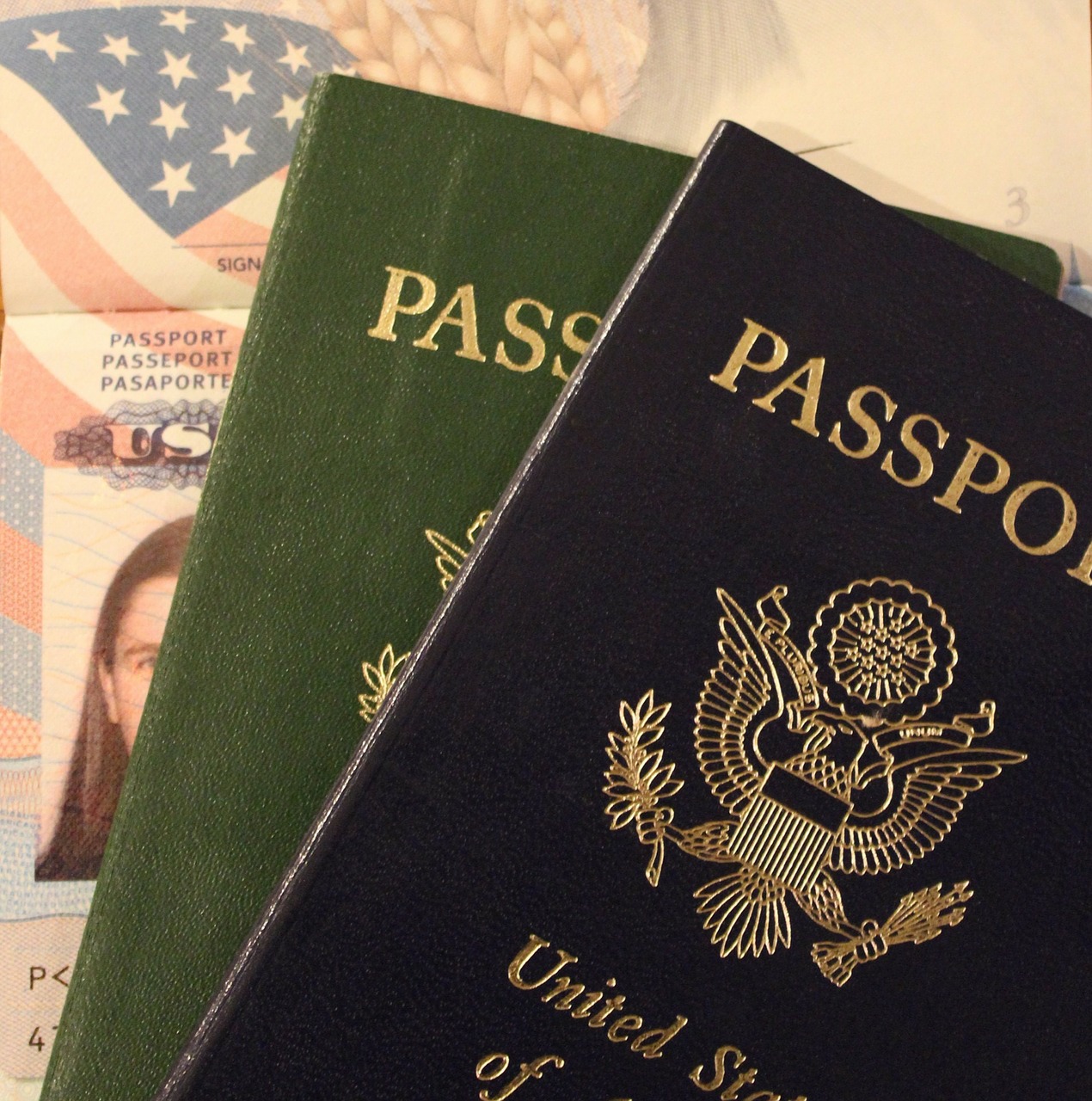April 3, 2014
Those who believe in a clash of civilisations, in which British values are pitted against those of the Muslim world, have not been short of examples in the past few days. The BBC reports on an “Islamic takeover plot” by hardliners to seize control of several Birmingham state schools. Two Morrisons workers are suing the supermarket for not being able to take holiday during Ramadan, after being told that they submitted their applications too late. Such stories do make the blood boil, and may lead the less charitable to ask if such people should move to a country that better reflects their prejudices.
But one hears such complaints rarely, and this is what marks us out in a Europe that is paranoid about Islam and identity. Britain is, through empire, the original multi-ethnic state. When Churchill was writing for The Daily Telegraph as a war correspondent, his criticism of the Afghan tribesmen was that their behaviour was un-Islamic. “Their religion – fanatic though they are – is only respected when it incites to bloodshed and murder,” he wrote in December 1897. Then, the Queen had tens of millions of Islamic subjects and her ministers boasted of running the greatest Muslim power on earth. The integration of Muslims can now be seen as one of the great success stories of modern Britain. While the Dutch and the French have huge troubles with integration, and are caught in agonised struggles about their national identities, Britain is marked out by the trouble that we are not having. Dig a little deeper, and the real story is the striking amount of harmony.
Last year, for example, the Jews of Bradford were facing the closure of their synagogue. Its roof was leaking, and the few dozen remaining regulars could not afford the repairs. Its chairman, Rudi Leavor, made the decision to sell the building and face up to it being transformed into luxury flats. As things turned out, the synagogue was saved after a fundraising campaign led by a local mosque. Zulfi Karim, the secretary of Bradford’s Council of Mosques, now refers to Leavor – who fled the Nazis – as his “newfound brother”. He gave his support, he says, to protect the diversity of Bradford.
Such stories can be found the length and breadth of Britain, for those with an eye to see them. St John’s Episcopal Church in Aberdeen last year agreed to accommodate neighbouring Muslims, who had outgrown their mosque and had taken to worshipping outside it. The Rev Isaac Poobalan said that allowing Muslims to pray in the wind and rain would mean abandoning “what the Bible teaches us about how we should treat our neighbours”. He argued that his church was empty on a Friday lunchtime, when Muslims needed to pray.
Anyone serious about either religion will know that they both worship the same God – and their stronger ties are, in part, forged by the knowledge that they have a common enemy in secularism. The kind of secularism that would stop people wearing crucifixes and skullcaps in public, as well as the niqab. When the Council of Europe came out against religious circumcision, it was natural that Manchester’s sizeable Jewish community would protest. But less expected for Manchester’s Muslims to join them.
The attempts by extremists to speak for Muslims in Britain is made a lot easier by the lack of an Islamic hierarchy, it’s also made easier by the understandable reluctance of ordinary British Muslims to get involved in the political side of their religion. When Channel 4 said that its 2006 Christmas message would be given by a Muslim in a full-face veil, it fitted the BNP narrative of a clash of civilisations. This is all the more surprising given the serious problems that Britain still faces with integration. British Muslims don’t really feel a sense of otherness. In fact, polls show they’re much more likely to identify with Britishness than the general population. The Citizenship Survey found that most Muslims agree with two propositions: that Islam is the most important thing in their life, and that their primary loyalty lies with the British state. Most are baffled by the idea of a tension between the two.






